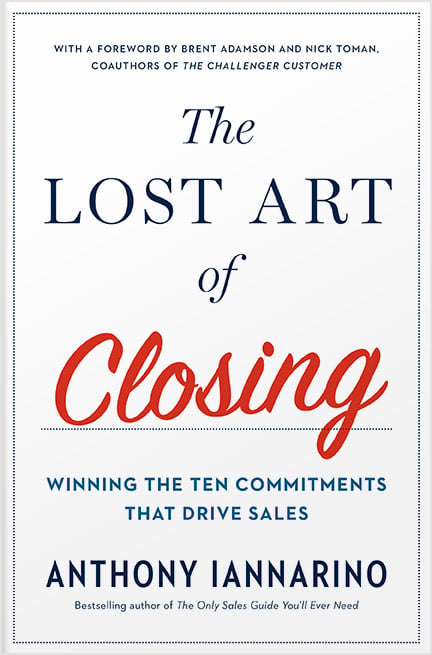There are as many or more ways to lose deals than there are ways to win them. One way to lose, but likely not the most common, is to be outsold by a competitor. Fair enough, you have been on both sides of that story. However, the most common way to lose is by unforced errors, the mistakes you make in your pursuit of a client.
There are also unforced errors that cause you to produce results that are far short of the results you are capable of.
There are a few classes of mistakes, but for our purposes here, we’ll bundle them into three categories. The first category is errors in planning or preparation. The second category is errors in execution. The final class being strategic errors.
Caused by a Lack of Preparation
You can and will lose deals when you are unprepared or through a lack of planning.
If you have not been trained, and if you are not working on developing the mindset, skill sets, and toolsets to succeed in sales, you will lose deals because you are unprepared to sell effectively. By not being aware of where you are in space, without understanding what you are seeing, hearing, and experiencing, you will lack the ability to know what your choices of action are or how to make good decisions.
If you have not prepared for a sales meeting, you are less likely to produce a positive outcome or move your prospect forward. The deck you put together the morning of the meeting, the one that has your last prospect’s name on the third slide, indicates that you are not buttoned up or detail-oriented. For your client, this is a preview of things to come. One salesperson walked into a client’s office and said, “So tell me a little bit about what your company does.” (It was a very brief meeting, as you might have guessed).
Starting your year without goals and a plan to reach your quota, starting the week without a plan, and beginning your day in your inbox all make you reactive, and will eventually cause you to lose deals–or to not have any deals to pursue.
Caused by a Lack of Execution
Selling is made up of conversations and commitments. The lack of disciplined execution of things like nurturing your dream clients and prospecting will cause no end of stress and poor results due to a lack of meaningful opportunities. Taking poor notes–or no notes at all–leaves you open to forgetting what your prospect believes is important. Poor energy will show a lack of enthusiasm for your prospect and their business, an outcome that could easily have been avoided with a good night’s sleep.
The inability or an unwillingness to create real, differentiated, compelling value for your prospect will have them looking elsewhere for help, as will a pitiful attempt to acquire the next commitment your dream client needs to make to realize their goals. Add poor presentation skills with a pitch that misses the mark, and poor negotiation skills that feel like an ultimatum and smack of arrogance.
No more pushy sales tactics. The Lost Art of Closing shows you how to proactively lead your customer and close your sales.
Caused by Poor Strategy
You can lose deals because you do too little work designing your approach to the pursuit of a deal. It’s also possible to lose by underestimating your competition, believing them to be too weak to beat you. You may find the path to a loss that runs straight through your belief that you have the right answer, even if the prospect has hinted their disagreement.
By not matching your strategy to the situation, you make an error of ignoring context and stubbornly sticking to an approach that reality rejects.
It’s difficult enough to win. Don’t make it impossible.








.jpg?width=768&height=994&name=salescall-planner-ebook-v3-1-cover%20(1).jpg)


